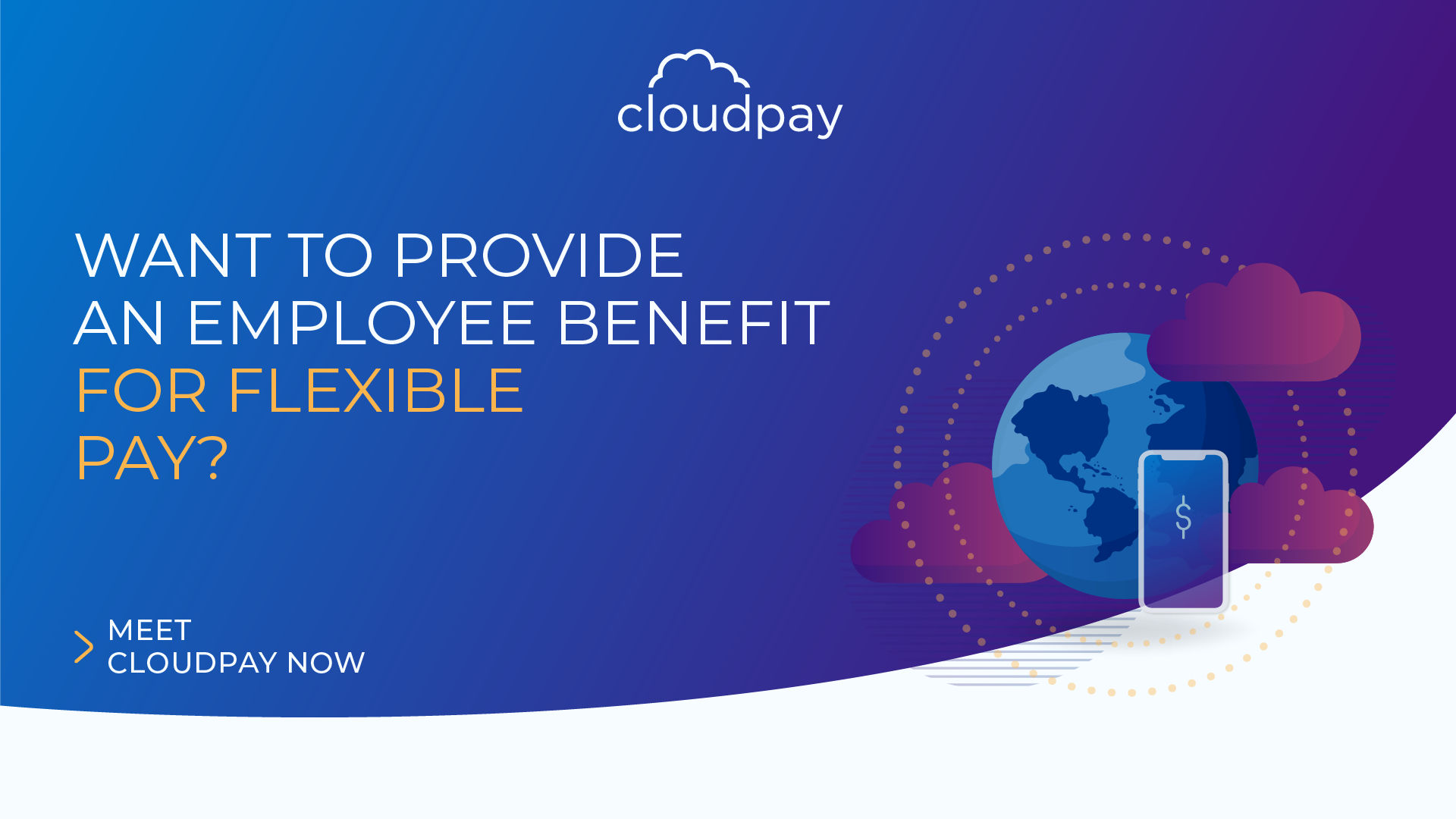Brett Kaplan | Senior Business Development Manager, CloudPay NOW
The cost of living crisis is starting to have a significant effect on millions of people all over the world. In literal terms, it’s caused by people seeing their real-world income decline, as high inflation means their living costs are rising quicker than any wage or benefit increases they receive.
With people feeling the squeeze across a number of financial commitments, in particular energy and food, it’s natural that they will look to their employers for help. However, businesses are feeling the financial strain just as much as individuals at the moment (for example, in the UK, while households are subject to a regularly rising energy price cap, there is no cap on energy prices for businesses at all).
This means that businesses wanting to support their staff through financially challenging times have to get more creative and think of alternative options. This blog explores some of the biggest tests employees are facing, and how initiatives such as on-demand pay can help.
How are employees suffering?
When employees have to spend more of their earnings on basic necessities like housing, utilities and food (assuming they can cover those basics to begin with), it leaves them with very little money for anything else. While that might mean that they will have to cut back on luxuries or leisure spending, more importantly it means that they’ll find it much harder to deal with unexpected expenses. For example, if their car breaks down, they may struggle to find the money to fix a problem, and therefore find it harder to travel to work and earn money.
There’s also the knock-on effect on people’s mental well-being to consider. According to the CIPD, 20% of people suffering from financially driven stress find it hard to sleep, and 25% say it affects their performance at work. Tired, unproductive employees can have major impacts on the overall effectiveness of a business, so companies have not only a responsibility to look after their employees, but also a real incentive to do so for their own interests, too.
How are current payroll practices exacerbating employee struggles?
Traditional approaches to payroll aren’t helping matters at present. Many employees paid monthly already found it hard to budget, and were struggling to make ends meet in the last few days before payday: higher unavoidable costs of living have made this problem worse. In this situation, more employees have to turn to loans or credit in order to keep their heads above water, leaving them vulnerable to a spiral of debt.
These problems only intensify when errors are made in the payroll process. If employees don’t get the pay they expect at the time they expect it, their financial issues can quickly spiral out of control. It can also lead to major dissatisfaction within the workforce, which can cause big problems in both retaining and attracting staff.
What is on-demand pay and how can it be so helpful now?
On-demand pay (also known as Earned Wage Access) is a simple, tech-led solution to many of those payroll-related issues.
Instead of employees being paid according to a set schedule, they can accrue wages day by day, or shift by shift, in much the same way that they might accrue paid leave entitlement. Through an online platform or app, they can log into their account at any time, see what they’ve earned, and withdraw any proportion of it to their personal bank account, instantly and independently.
This can help employees handle unexpected financial events better, without needing to get into debt. It can also help them feel more valued by an employer willing to take steps to help them during a particularly challenging period.
How else can you support staff?
Alongside on-demand pay and maximizing payroll accuracy, there are several other employee benefit initiatives you can explore to help staff out, including:
-
Financial wellbeing assistance: financial education and literacy services that can improve employee’s ability to budget and manage their personal finances
-
Health and wellbeing services: mental health support facilities (with remote access) that can help employees better manage personal, professional and financial challenges
-
Flexible working: give employees more options to vary working hours or work from home, so that they can make savings on commuting and (if they have a family) childcare
-
Alternative commuting options: secure bike storage and electric vehicle charging points can help employees make changes to cut high commuting costs
-
Employee discount schemes: benefit schemes that provide discounts on gym memberships, transport, eating out and wider financial planning can make a bigger difference now than ever before
In summary
Giving employees all the support they need is important at any time, but it’s absolutely crucial now, and in the months ahead. Even if you’re not able to provide direct financial support, using the measures outlined above and providing empowering payroll services like on-demand pay can give your employees much-needed flexibility, and at least take away some of the strain from a very difficult time.
Learn more about how you can deploy Earned Wage Access within your organization in partnership with CloudPay here.
Brett Kaplan | Senior Business Development Manager, CloudPay NOW



